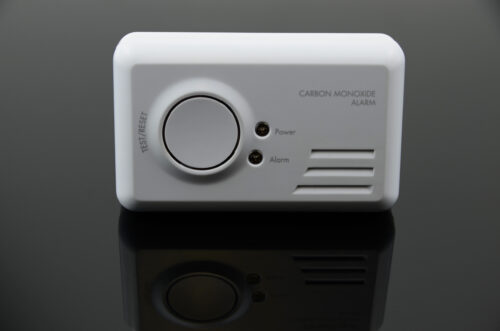
Carbon monoxide poisoning is a serious health problem. Carbon monoxide gas binds to hemoglobin much more readily than oxygen, forming carboxyhemoglobin. This process can lead to hypoxic injury, but also disrupts cellular metabolic processes, including brain function. Carbon monoxide poisoning can be associated with a wide range of sequelae, including headache, nausea or vomiting, confusion, visual dysfunction, weakness, palpitations, drowsiness, incoordination, cognitive and memory impairment, and changes in mood and personality functioning. It is well-known that fatigue is an extremely common complaint following carbon monoxide poisoning.


Carbon monoxide is odorless. People sleeping are especially vulnerable to CO poisoning. Fuel-burning products and engines make carbon monoxide. The danger from breathing CO fumes escalates in closed spaces lacking good ventilation. In cold weather with windows closed, the risk magnifies. Carbon monoxide fumes replace oxygen, preventing the oxygen from getting to tissues and organs.
Carbon monoxide poisoning can cause permanent brain damage, permanent damage to the heart, and death. Protect yourself and your loved ones by installing carbon monoxide detectors in your home near sleeping areas; regularly inspect your fuel-burning appliances; and keep fireplaces, chimneys and vents in good condition.
If you or a loved one has experienced carbon monoxide poisoning in Connecticut or New York, you should attempt to make some record of the event, including photographs of the location and the involved equipment. You should also seek legal advice at the earliest possible time. Please call Casper & de Toledo LLC at 203-325-8600.

